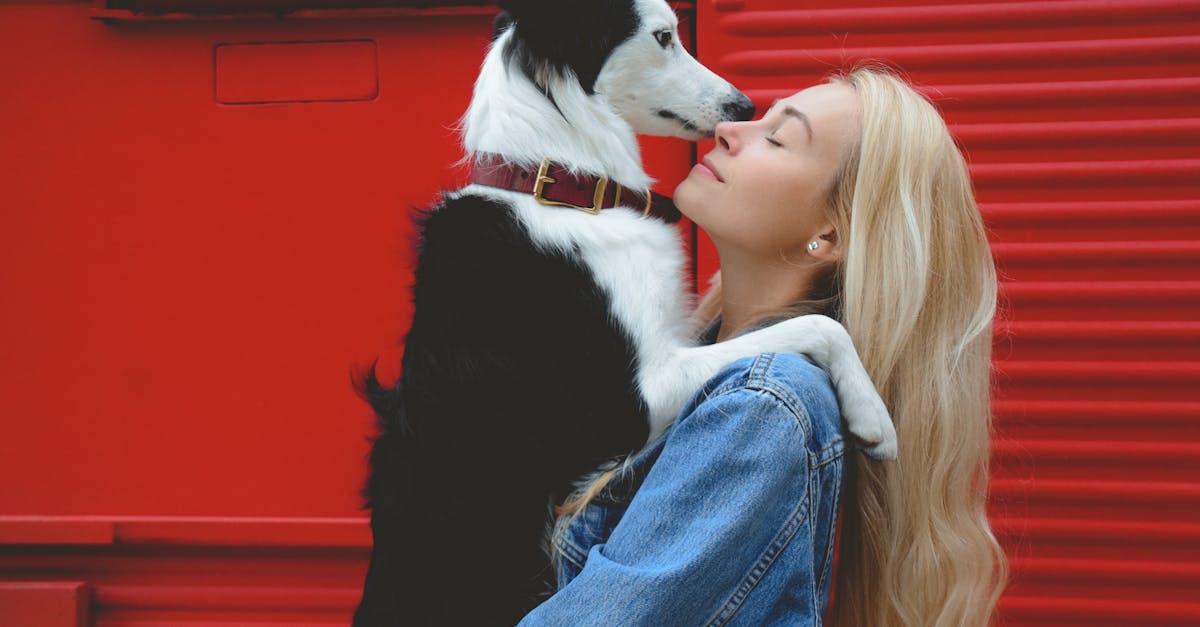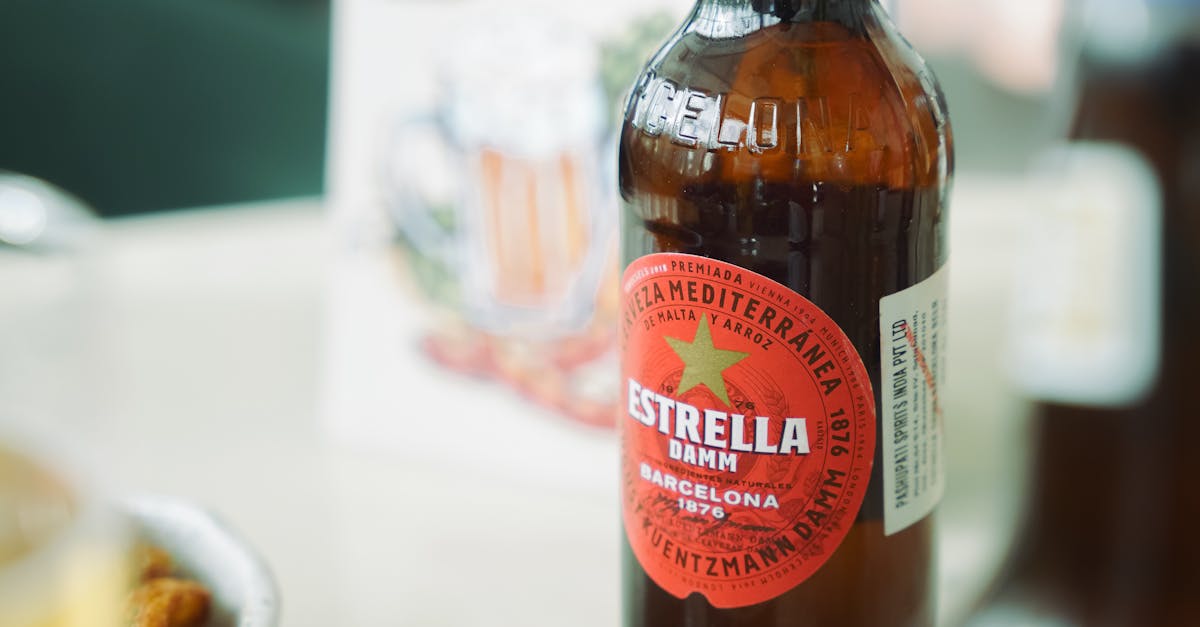
Why Is My Dog Biting His Nails
- October 03, 2024
- 4 min Read
- Views 840
Why is My Dog Biting His Nails?
If you've noticed your furry friend biting his nails, you might be wondering why your dog is engaging in this peculiar behavior. Dogs, just like humans, can develop habits that may seem odd or concerning to their owners. Understanding the reasons behind this behavior is crucial to ensuring the well-being of your pet. Let's explore why your dog might be biting his nails and what you can do about it.
Common Reasons for Nail Biting in Dogs
Nail biting in dogs can be attributed to several causes, ranging from physical issues to behavioral concerns. It's essential to observe your dog's overall body language and behavior to pinpoint the exact cause.
1. Allergies and Skin Irritation: One of the primary reasons dogs bite their nails is due to allergies. Whether it's seasonal allergies, food allergies, or an allergic reaction to something in their environment, these can lead to itchy skin and discomfort. To relieve the itchiness, your dog might resort to biting his nails.
2. Anxiety and Stress: Dogs experience anxiety and stress just like humans do. Nail biting can be a coping mechanism for your dog when they feel anxious or stressed. Changes in their environment, separation anxiety, or an unexpected event can trigger this behavior.
3. Grooming Needs: Sometimes, nail biting is related to grooming. Dogs naturally try to maintain themselves, and if their nails are too long or uncomfortable, they might attempt to trim them by biting.
When to Worry About Nail Biting
It's important to differentiate between normal grooming behavior and nail biting that may be indicative of a more serious issue. Here are some signs that could point to a problem:
1. Excessive or Persistent Biting: If you notice your dog biting his nails excessively or it becomes a persistent habit, it might be time to investigate further.
2. Signs of Infection: Look for redness, swelling, or discharge around the nails. These can be signs of an infection that might require veterinary attention.
3. Behavioral Changes: Pay attention to any changes in your dog's behavior, such as increased aggression, lethargy, or loss of appetite, as these might be related to their nail-biting habit.
How to Address Nail Biting in Dogs
Addressing nail biting in dogs starts with identifying the underlying cause. Here are some steps you can take to help your dog:
1. Regular Grooming: Ensure your dog's nails are trimmed regularly. This can prevent overgrowth and reduce the need for your dog to bite his nails. If you're not comfortable trimming your dog's nails yourself, consider visiting a professional groomer.
2. Consult a Veterinarian: If you suspect allergies or skin irritation, consult a veterinarian. They can recommend allergy testing or prescribe medication to alleviate your dog's discomfort.
3. Reduce Stress and Anxiety: Create a calm and nurturing environment for your dog. Provide them with plenty of exercises, mental stimulation, and comfort to help reduce stress and anxiety.
Guide to Managing Your Dog's Nail Biting
- Observe your dog's behavior to determine if the nail biting is linked to a particular time, situation, or emotional state.
- Check their paws and nails for signs of physical issues, such as overgrown nails, injuries, or infections.
- Consider environmental factors that might be causing allergies, such as new cleaning products, plants, or foods.
- Implement a consistent grooming routine to keep your dog's nails at a comfortable length.
- Engage your dog in activities and provide toys to distract them from nail biting due to boredom.
- If the behavior persists, consult with a veterinarian or a canine behaviorist for a comprehensive assessment.
Frequently Asked Questions
What are the potential health risks associated with nail biting in dogs?
Persistent nail biting can lead to infections, injuries, or discomfort that might affect your dog's mobility or overall health.
Can a change in diet help reduce nail biting in dogs?
In cases where food allergies are suspected, adjusting your dog's diet might alleviate symptoms, including nail biting.
Is it normal for puppies to bite their nails?
Puppies might bite their nails as they explore grooming habits, but it should be monitored to prevent it from becoming a habitual behavior.
How often should I trim my dog's nails?
Ideally, you should trim your dog's nails every 3-4 weeks, but this may vary depending on the breed and lifestyle.
Tags
#DogNailBiting #PetHealth #DogBehavior #NailCare #CanineGrooming
References
People Also View
-
1October 01, 2024
-
2October 01, 2024
-
3October 09, 2024
-
4
How to detox from social media without deleting your accounts
October 02, 2024 -
5October 03, 2024
Categories
- Near Me 2147 Posts
- How To 548 Posts
- Where To 257 Posts
- Why 90 Posts
- How Much 97 Posts
- Travel 202 Posts
- Food And Drink 815 Posts
- Shopping 797 Posts
- Lifestyle 1050 Posts
- Automotive 364 Posts
- Digital Income 70 Posts








